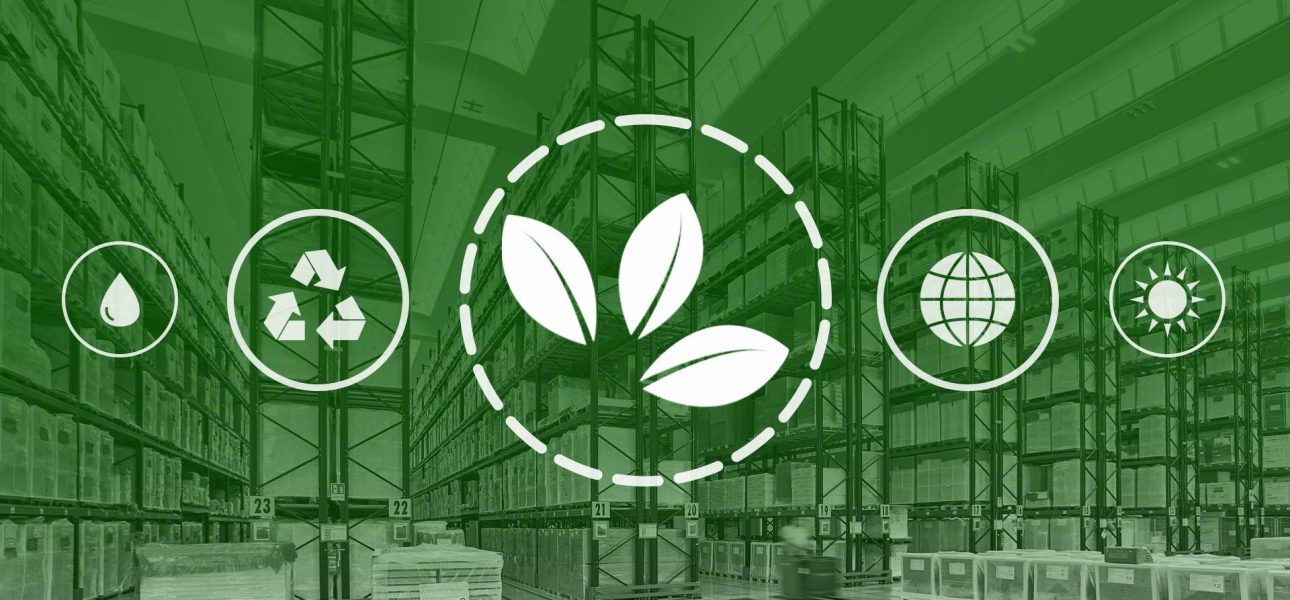The Netherlands continues to lead Europe as a logistics powerhouse. Its strategic location, efficient multimodal infrastructure, and proximity to major ports like Rotterdam and airports like Schiphol make it the ideal hub for European supply chains. Yet in today’s market, logistics real estate is not just about location, size, or connectivity. Sustainability is becoming the decisive factor in determining which warehouse assets outperform and which lag behind.
Sustainable warehouses are rapidly emerging as the strongest performing assets in Dutch warehouse logistics. They appeal to occupiers seeking operational efficiency, investors looking for resilient returns, and developers aiming to deliver future-proof facilities. Across the Netherlands, these trends are influencing sale and leaseback transactions, acquisitions, and forward-looking developments, creating a new standard in logistics real estate.
Why Sustainable Warehouses Outperform Conventional Assets
The demand for sustainable warehouse logistics is driven by multiple pressures on occupiers and investors alike. Regulatory requirements, rising energy costs, and corporate ESG commitments are reshaping the market. Sustainable warehouses offer clear advantages:
- ESG compliance with EU Green Deal, Fit for 55, and energy regulations drives sustainable real estate decisions
- Lower operating costs through energy-efficient systems and renewable installations
- Tenant appeal as occupiers prefer ESG-aligned facilities for reputation and supply chain goals
- Investor resilience with green-certified warehouses holding value and reducing obsolescence risk
How Sale and Leaseback Enables Sustainable Investments
Modern logistics operators in the Netherlands face high capital demands. From upgrading automation to implementing renewable energy systems, sustainable warehouse facilities require significant investment. Sale and leaseback transactions provide a practical solution, enabling companies to release capital without sacrificing operational control.
In a sale and leaseback, a company sells its warehouse to an investor and leases it back under a long-term contract. This approach offers several advantages:
- Liquidity to fund green retrofits and energy-efficient upgrades
- Continuity of operations through flexible lease agreements
- Ability to redirect capital into core business growth
Investors, on the other hand, benefit from acquiring prime logistics real estate with dependable tenants and long-term cash flow. In Dutch hubs such as Rotterdam, Venlo, and Tilburg, sale and leaseback transactions are increasingly leveraged to finance the transformation of conventional warehouses into sustainable, future-ready assets.
Why Investors Are Acquiring Future-Proof Warehouses
Institutional investors across Europe are prioritizing sustainable warehouses in the Netherlands due to a combination of strong occupier demand and regulatory pressure. The focus is shifting from simply acquiring property in prime locations to targeting assets that are ESG-compliant, energy-efficient, and resilient to market changes.
Investors are particularly seeking:
- BREEAM, LEED, or similar certified properties
- Warehouses designed for energy efficiency and renewable integration
- Facilities that maintain tenant satisfaction and long-term occupancy
By investing in sustainable warehouses, institutional funds and private equity can mitigate risks associated with older, non-compliant stock while capitalizing on growing demand for green logistics assets. This trend has pushed sustainable warehouses to command premium rents and higher valuations across Dutch logistics hotspots.
How New Developments Are Shaping Logistics Real Estate
While acquisitions and sale and leasebacks optimize existing assets, new developments are defining the next generation of warehouse logistics. Developers, supported by forward funding agreements, are increasingly embedding sustainability principles from the outset of construction.
Key features of modern sustainable warehouses include:
- Smart building systems and automation to reduce energy waste
- Rooftop solar panels and renewable energy integration
- Electric vehicle charging infrastructure for fleets
- Biodiversity-friendly landscapes and green roofs
Forward funding arrangements provide investors with security while enabling developers to execute projects efficiently. Occupiers benefit from state-of-the-art facilities that align with ESG goals, reduce operational costs, and enhance overall supply chain resilience. Dutch cities such as Amsterdam, Utrecht, and Rotterdam are leading the charge in sustainable warehouse developments, setting benchmarks for the rest of Europe.
Rotterdam as a Hub for Sustainable Warehouse Logistics
Rotterdam is Europe’s busiest port and a focal point for sustainable logistics real estate. Its high-volume trade corridors, growing e-commerce demand, and municipal focus on green initiatives make it a prime market for sustainable warehouse investment.
Operators leverage sale and leaseback deals to fund energy-efficient upgrades, while investors acquire future-proof logistics hubs that meet tenant and regulatory requirements. Forward-funded developments in Rotterdam are delivering carbon-neutral warehouses, combining scale, technology, and sustainability.
The city’s model demonstrates how collaboration between occupiers, investors, and local authorities can drive both economic growth and environmental responsibility. Rotterdam exemplifies why sustainable warehouse logistics are outpacing conventional alternatives in the Netherlands.
Why the Netherlands Leads Europe in Green Warehouse Logistics
The Netherlands is setting the European benchmark for warehouse logistics sustainability. Its advantages include:
- Central location as the gateway to European markets
- Progressive environmental and energy regulations supporting ESG-compliant facilities
- High investor confidence in the resilience and profitability of sustainable logistics assets
Across Europe, countries such as Germany, France, and Spain are following these trends, but Dutch warehouse logistics remains a model for integrating ESG principles, operational efficiency, and long-term investment returns.
The Future of Sustainable Warehouse Logistics
Sustainable warehouses are the future of logistics real estate in the Netherlands and across Europe. They deliver value across stakeholders:
- For occupiers: liquidity, operational efficiency, and ESG alignment
- For investors: stable long-term returns and resilient assets
- For developers: accelerated delivery of high-quality, green projects
- For society: reduced carbon emissions and greener supply chains
The integration of ESG principles into warehouse logistics ensures that facilities are not only profitable but also resilient, efficient, and future-ready. The convergence of sale and leaseback, acquisitions, and forward-funded developments is accelerating this transformation across Dutch logistics hubs.
How RRE Creates Value in Logistics Real Estate
At RENEW Real Estate (RRE), we partner with our investors to acquire high-potential logistics properties across Europe. From helping operators unlock capital to supporting retailers in expanding their footprint or accelerating sustainable developments, RRE creates capital investment solutions that benefit all stakeholders. Our emphasis is on long-term value, strategic growth, and sustainable impact, ensuring every transaction drives both financial performance and future-ready operations.


